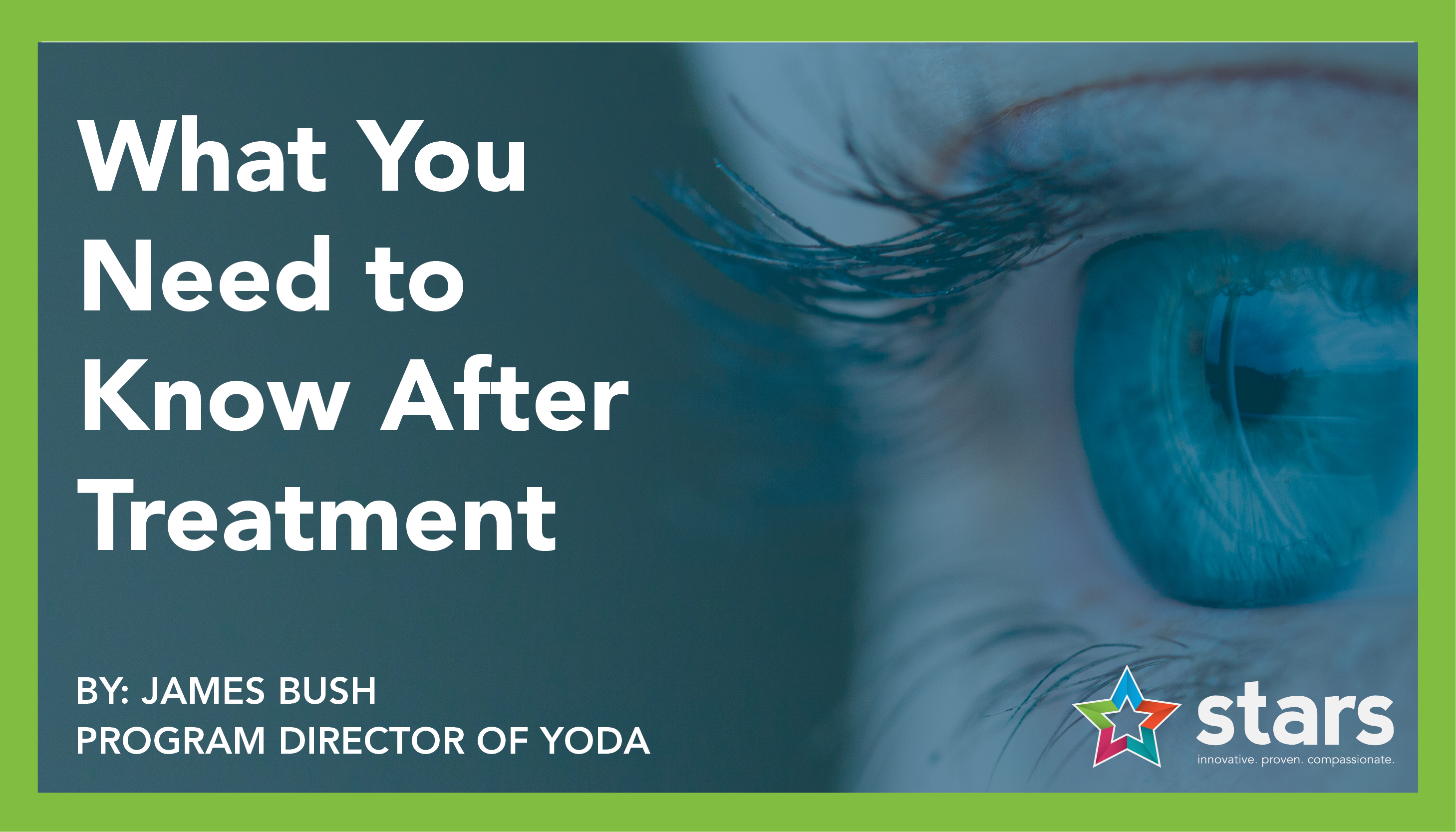Addiction does not just disappear when treatment ends.
I have had the privilege to witness many newly released clients from substance abuse treatment facilities. Usually they will step down to an intensive outpatient treatment facility. At the time of their release, many clients are excited. They sound extremely positive, with a positive outlook on life. Most feel it is one of the greatest days of their life. It is a “high” (albeit non-substance induced). Nevertheless, it can be described as a “high”.
For many, they have just abstained from their drug or drugs of choice for a significant amount of time. The fog of their addiction at that time is lifting. They are no longer speaking, acting, or behaving under the influence of their drug of choice. In addition, while in treatment, they were given a variety of tools to aid them in their recovery. For some, this involved 12-steps programs of recovery, mindfulness meditation, individual, and group therapy. The deluge of information, as well as personal care,can be helpful to the client. Not to mention the escape from their previous setting; a setting that involves family and life stressors along with negative peers who encourage substance abuse. All in all, life is good.
However, when consistency does not occur, the aforementioned reasons for success within an inpatient facility can be the biggest precursor to a RELAPSE.
What am I saying? Most people don’t leave treatment and return to a different setting. Primarily, they enter the same situation that they left upon their treatment admittance. Yes, they are armed with different tools and resources. However, their time is cut short. They have more responsibilities. They have to work. For some, they have children, or other responsibilities that need attention. Time for meetings or self-care begins to become scarce. Triggers from previous substance abuse begins to becomes more evident. At that point, it may be only a matter of time before a relapse happens. This is not a blog meant to scare but to inform.
Relapse prevention is possible! It requires real attention, energy, and planning. The more a client can plan after treatment the better. The more a client’s social support system is involved with their recovery the better. There is strength in numbers and the more help a client has to fight the disease of addiction the better. Just because treatment has ended does not mean the steps end. We have to work the steps every single day. While relapse can happen, it is important to remember to keep working the steps.
Please consider a donation to STARS as we continue our vital work and become a monthly donor or make a one-time donation.
Stay Connected. Follow Our Social Media Channels Below.



